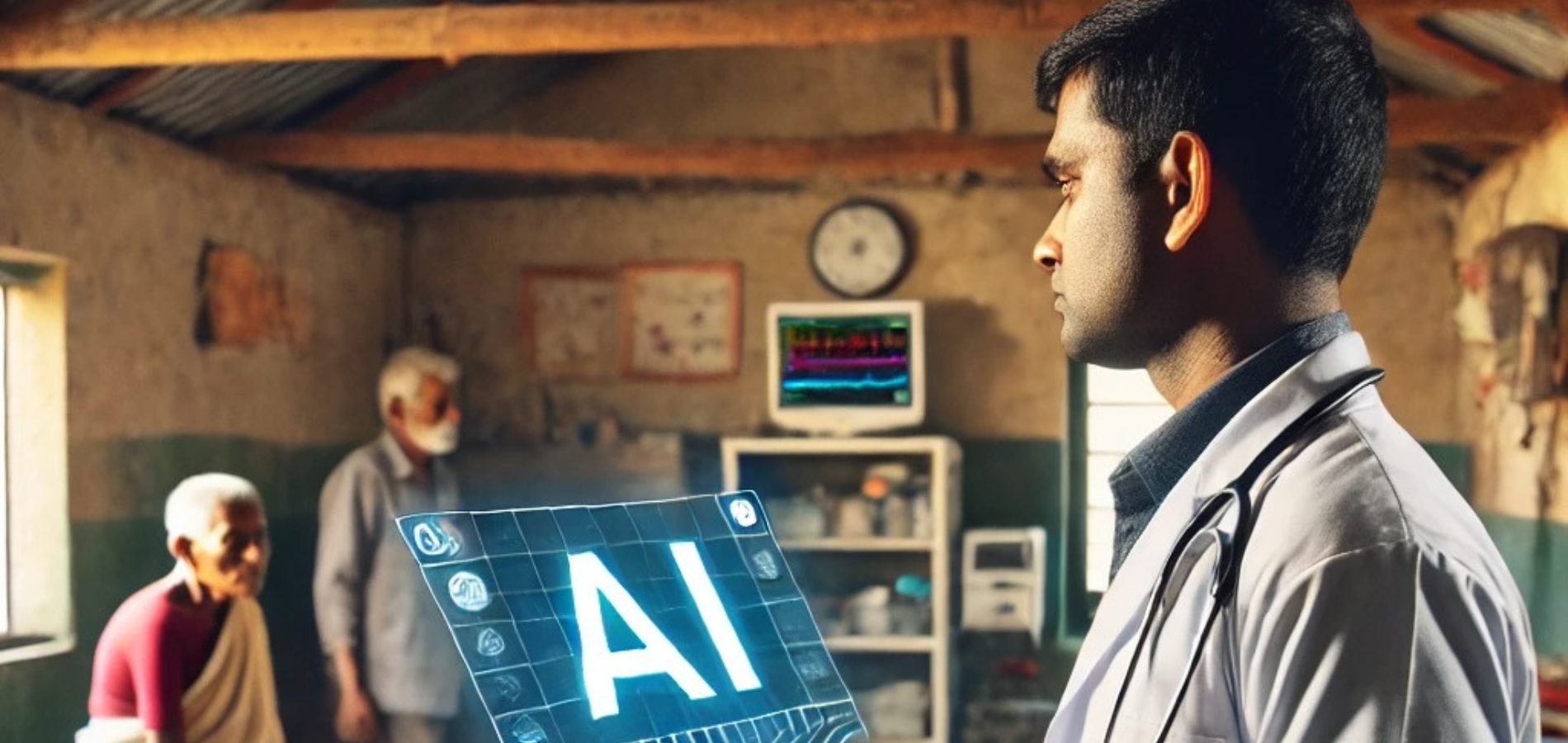India’s healthcare sector is at a pivotal period. With a growing population and a significant shortage of medical professionals, the demand for efficient and accurate diagnostic services has never been higher. Enter Generative Artificial Intelligence (AI)—a technology that is not only transforming diagnostics but also addressing some of the most pressing challenges in Indian healthcare.
The Current Challenges in Medical Diagnostics
Limited Access to Quality Healthcare
A substantial portion of India’s population resides in rural areas where access to advanced medical diagnostics is limited. This difference often leads to delayed diagnoses and treatments, adversely affecting patient outcomes.
Overburdened Medical Professionals
With a high patient-to-doctor ratio, healthcare professionals are stretched thin. This overload can result in diagnostic errors and decreased quality of care.
Rising Healthcare Costs
The cost of medical diagnostics can be high for many, limiting access to necessary tests and procedures. Affordable solutions are essential for wider accessibility.
Generative AI: A Game Changer
Enhancing Diagnostic Accuracy
Generative AI algorithms can analyze vast amounts of medical data to identify patterns that may be missed by the human eye. For example, AI-powered imaging tools can detect early signs of diseases like cancer, enabling timely interventions.
Speeding Up the Diagnostic Process
AI systems can process complex datasets quickly, reducing the time required for diagnostics. This speed is crucial in emergencies where every second counts.
Personalized Medicine
Generative AI allows for the customization of treatment plans based on individual patient data, improving the effectiveness of therapies and reducing side effects.
Real-World Applications in India
AI in Radiology
Indian startups are developing AI tools that assist radiologists in interpreting imaging results more accurately. These tools help in detecting abnormalities in X-rays, MRIs, and CT scans with higher precision.
Pathology and Lab Diagnostics
AI algorithms are being used to analyze blood samples and tissue biopsies, reducing human error and increasing efficiency in laboratories.
Telemedicine Integration
Generative AI enhances telemedicine platforms by providing diagnostic support to doctors in remote consultations, thereby extending quality healthcare to underserved regions.
Regulatory Landscape and Legal Considerations
Data Protection and Privacy
With the enactment of the Digital Personal Data Protection Act, of 2023, safeguarding patient data has become paramount. Healthcare providers using AI must ensure compliance by implementing robust data encryption and anonymization techniques.
Ethical Guidelines
The Indian Council of Medical Research (ICMR) has released guidelines for the ethical use of AI in healthcare. These guidelines emphasize transparency, accountability, and the necessity of informed consent from patients.
Compliance with Medical Standards
AI tools must adhere to the standards set by bodies like the Medical Council of India (MCI) to ensure they meet the required safety and efficacy benchmarks.
Challenges and Solutions
Integration with Existing Systems
Problem: Incorporating AI into legacy healthcare systems can be complex.
Solution: Develop interoperable AI platforms that can seamlessly integrate with existing electronic health records (EHRs) and hospital information systems.
Skill Gap Among Healthcare Professionals
Problem: A lack of expertise in AI among medical staff can hinder adoption.
Solution: Implementing training programs and workshops to educate healthcare professionals about AI technologies and their applications.
Ethical and Bias Concerns
Problem: AI algorithms may spread existing biases present in the data.
Solution: Ensuring diversity in training datasets and regularly auditing AI systems for bias to promote fair and equitable healthcare outcomes.
The Road Ahead
Generative AI has the potential to democratize healthcare in India by making diagnostics more accessible, accurate, and affordable. Collaboration between technology companies, healthcare providers, and government bodies will be crucial in scaling these solutions nationwide.
Investment in Research and Development
Continuous investment is needed to advance AI technologies tailored to India’s unique healthcare challenges.
Policy Support
Supportive policies and incentives from the government can accelerate the adoption of AI in healthcare, fostering innovation while ensuring patient safety.
Conclusion
Generative AI is revolutionizing medical diagnostics in India by addressing critical challenges and enhancing the capabilities of healthcare providers. By embracing this technology responsibly and ethically, India can make significant steps toward a more efficient and inclusive healthcare system.


